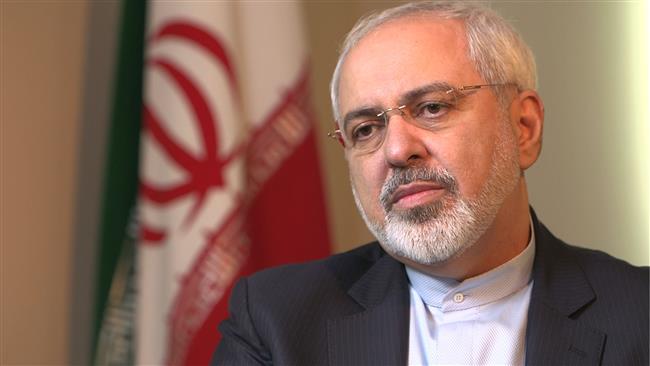[caption id="attachment_146881" align="alignright" width="245"] Iranian Foreign Minister Mohammad Javad Zarif[/caption]
Iranian Foreign Minister Mohammad Javad Zarif[/caption]
LAUSANNE, Switzerland — Iran’s chief negotiator in nuclear talks on Wednesday played down the likelihood of an agreement this week, saying the discussions have not progressed to a point where the presence of all involved parties was needed to formalize a deal.
On the third day of direct talks with Secretary of State John F. Kerry,Mohammad Javad Zarif was quoted in Iranian state media as saying that foreign ministers of the other world powers involved in the negotiations — Britain, France, Russia, China and Germany — would not be required to fly to Lausanne just yet. They have been waiting on standby during the talks between Kerry and Zarif.
“I don’t think their presence will be needed in this round because when the solutions are found and we approach a deal, then all the foreign ministers of the negotiating parties should come,” Zarif said. Officials from the five other world powers have been negotiating alongside the United States for a deal to rein in Iran’s nuclear program and ease international sanctions.
The negotiations, which have also involved teams of experts on nuclear technology, are bogged down over complicated technical issues. The United States wants to ensure that Iran would have no less than a one-year “breakout” period, defined as the time it would need to produce the fissile material required for one nuclear bomb, if Tehran’s leadership decided to pursue nuclear weapons.
As Iran, saddled with centrifuges that rely on 1970s technology, has developed more efficient machinery to enrich uranium faster, the United States is seeking offsets in other areas. For example, negotiators are pushing for Iran to allow inspectors with the International Atomic Energy Agency to roam farther afield in Iran, including to screen its uranium mines and mills. That would give them clues to whether Iran was trying to siphon off fissile materials to be used covertly in weapons production.
Iran has insisted that it is interested in using nuclear technology only for civilian purposes, such as producing energy and medical isotopes.
The negotiators aim to come up with a general agreement by March 31, with a final accord reached by the end of June.
“The question of an agreement comes when we have solutions written on paper, and to write the solutions we need the experts more than foreign ministers,” Zarif said. He added that the two sides were discussing “very fine details .?.?. and details always require more work.”
Even as the talks continue, the White House is lobbying Democrats not to sign on to a Republican bill that would require Congress to approve any nuclear deal with Iran. The Obama administration argues that the legislation would undermine negotiations.
The Iranians closely follow news accounts of happenings on Capitol Hill. When this round of talks began Monday, they expressed concern over an open letter from Senate Republicans warning that a deal might not outlive the Obama administration’s remaining two years. U.S. negotiators dismissed the letter as a mere “distraction.”
This article was written by Carol Morello for The Washington Post on Mar. 18, 2015. Carol Morello is the diplomatic correspondent for The Washington Post, covering the State Department. She previously wrote about demographics and the census. She has worked at the Washington Post since 2000. Before that, she was a reporter for the Philadelphia Inquirer and USA Today.

 QR code
QR code